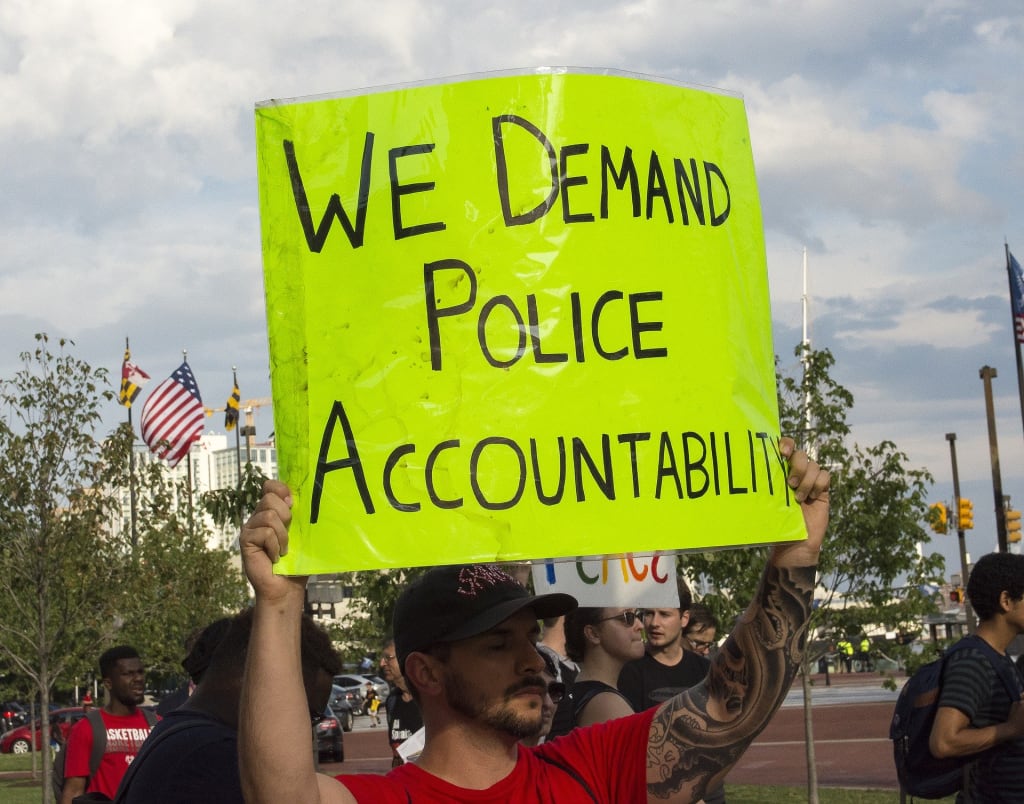
The act of protest is by definition an action taken as a last resort. It is taken into consideration when society has concluded that your voice is useless and the conventional system of support fails. When the legal system does not render justice and does not give heed to your concerns. When the political process disregards your necessitates, and may not even cognizant of them as existing. This is the exact time when we need to stand up and protest. Throughout history, the protests are opposed and deteriorated, but it is our fundamental right that can never be denied. We can practice it anytime, anywhere and without any restriction because when someone opts to protest, it is obvious that several issues are needed to be addressed. However, in the contemporary world, we can set the limits and find out ways how to make protests more effective without violence. On the other hand, authorities should have an intellectual and unbiased mindset to understand the concerns and solve the issues of the people on real grounds.
Protests are genuinely influential. Since the inception of the USA, protests have key significance in our lives. Our predecessors have protested and taken concerted action against oppressing acts, like, Stamp Act, Townshend Acts, Tea Act, and objectionable laws to make us the great and united nation. We Americans came into existence as a nation, as the outcome of these protests. So, we already know its power and importance.
Contemporary human laws, rational thinking, and modern political systems are also the outcome of millions of protests that changed the mindset worldwide. In every era, humankind has encountered new challenges and concerns that are not easily acceptable by the authorities and influencers of that time because of the contemporary conventional system, the rigid law, and the mindset. Protest changed the course of human actions. If we stop protesting, we will stop the process of evolution, which is unjust for the generations to come. Moreover, impartiality never helped any cause.
"We must take sides. Neutrality helps the oppressor, never the victim. Silence encourages the tormentor, never the tormented."
— Holocaust survivor Elie Wiesel
However, in terms of this generality, every person has the absolute right to take part in a protest that cannot be taken away by anyone, provided that it is peaceful. All protests should be assumed to be lawful and a broad interpretation of the term peaceful should be afforded to protesters. According to United Nations Human Rights Council, protests should be assisted within sight and sound of their target and no person could be held civilly, criminally, or administratively liable for the organization or participation in a protest.
The right to protest is the right of an individual but it has a socialistic element. Where a protester or a group of protesters that are part of any act of violence should be removed from a protest and the broader protest must be allowed to continue. Unfortunately, these days the authorities play the delay tactics, especially with minority groups. That is, they do not respond for a long period until the group of protesters starts getting frustrated and low on resources and start dispersing themselves without achieving the motive. This sometimes also results in violence.
Also, we should understand the fact that the protests don't simply turn violent because people have nothing to lose. The behavior of authorities like police and group psychology also plays a part. Any restrictions to the right to protest must be just, lawful, necessary, proportionate, and applied without discrimination. There is no resolution other than this.
States should facilitate the exercise of the right to protest. They should make sure that the right to protest is facilitated and promoted. This obligation includes the provision of basic services, such as facilitation points, traffic control, medical assistance, and clean-up services. Additionally, the stop-and-search or arrest of protesters must not be impulsive or violate the principle of non-discrimination.
The collection and processing by authorities of personal information must comply with all securities against unlawful interference with privacy. Legislation and policies regulating the collection and processing of information relating to protests or their organizers and participants must incorporate legality, necessity, and proportionality tests.
Appropriately and effectively investigate and punish the arbitrary use of force by law enforcement officers during protests, applying the aggravating circumstances prescribed by law when the force has been directed against vulnerable groups that have been subjected to historical discrimination based on ethnicity, race, sex, sexual orientation, thought and expression, among other grounds.
Yet governments around the world too often treat protests as either an inconvenience to be controlled or a threat to be extinguished.
Digital technologies offer new opportunities and challenges to protests; they are now used both as a crucial medium for enabling protests to take place and as a platform for protest. Technological advancements have also significantly enhanced the ability of governments to infringe and potentially violate human rights in protests.
The right to protest involves the exercise of numerous fundamental human rights and is essential for securing all human rights. While important in all societies, few protests are completely free of risk of harm to others. Hence, international standards allow for restrictions on many of the human rights engaged in protests; however, these are allowed only under limited and narrowly defined circumstances. Despite existing guarantees in international human rights law, it has been widely recognized that states need greater guidance in understanding and implementing their obligations in this field.
Bottom line is, we do not get to choose when it is the right time to protest because many protests in the world need to be addressed right away, for example, George Floyd might be among us if we have started protesting exactly when the policeman started choking his neck. Similarly, many protests take years to change the mindset of people, and they need a base to grow. So, how to plan this is up to the protestor. We only choose our reaction. We can choose to sympathize or to condemn.
About the Creator
Longpunch
Author, animal lover, music artist and just a human being that wants to be treated as such and like every other writer to get my stories out to the masses so please read me.






Comments
There are no comments for this story
Be the first to respond and start the conversation.